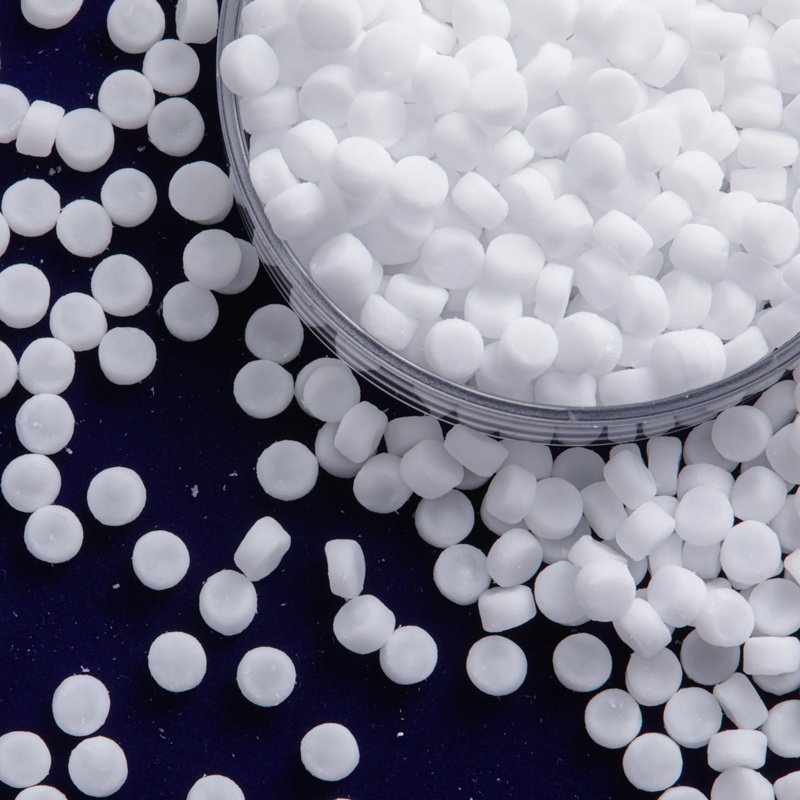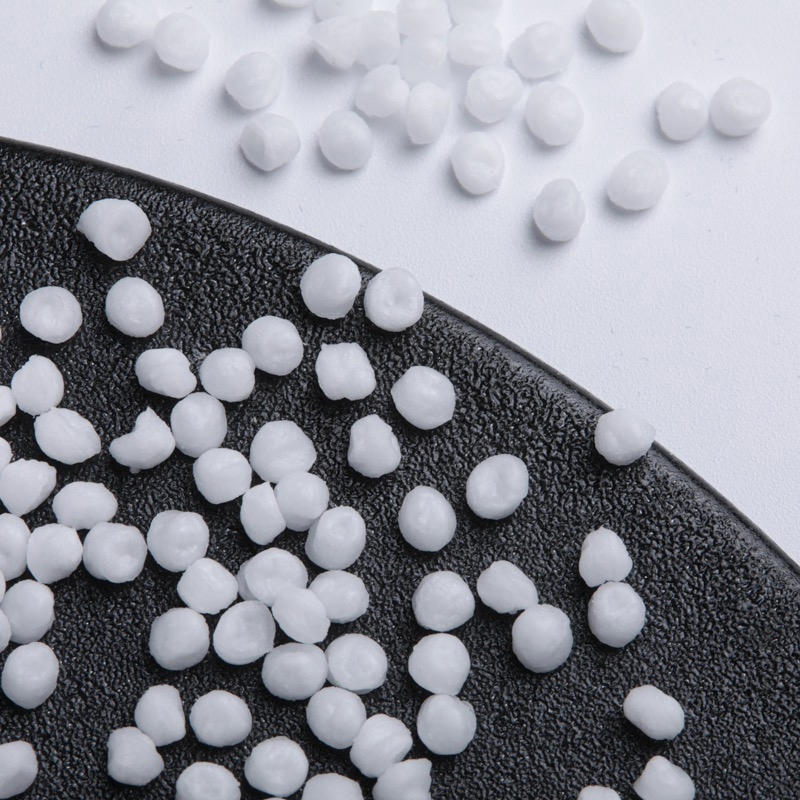TPU (thermoplastic polyurethane) soles are renowned in the footwear industry for their versatility, offering a unique blend of flexibility, durability, and comfort. These qualities make TPU a preferred material for shoe soles, providing the necessary support and cushioning for everyday wear. The abrasion resistance of TPU soles is crucial, as it determines the sole’s ability to withstand wear and tear from daily use, ensuring longevity and maintaining the shoe’s aesthetic appeal. Abrasion resistance is particularly important for outdoor and sports footwear, where the soles are subjected to harsher conditions. By understanding the significance of abrasion resistance and implementing strategies to enhance it, manufacturers can produce TPU soles that offer superior durability and performance, meeting the demands of consumers seeking long-lasting and comfortable footwear.
What is TPU, and why is it used in footwear?
TPU stands for thermoplastic polyurethane, a versatile material known for its durability, flexibility, and resistance to abrasion, oil, and grease. In footwear, TPU is used primarily for its ability to provide excellent cushioning and support. It is commonly used in shoe soles to enhance comfort, provide stability, and improve overall performance. TPU’s flexibility allows for a comfortable fit, while its durability ensures that the shoe sole can withstand daily wear and tear. Additionally, TPU can be molded into various shapes and designs, making it suitable for a wide range of shoe styles, from athletic shoes to casual footwear. Overall, TPU is valued in footwear for its combination of durability, flexibility, and versatility, making it an ideal material for shoe soles.
Why is abrasion resistance important for TPU soles?
Abrasion resistance is crucial for TPU soles due to the demanding conditions they face during everyday use. TPU soles are constantly subjected to friction and wear, especially in outdoor and sports footwear. Without adequate abrasion resistance, TPU soles can quickly deteriorate, leading to premature wear and tear, reduced durability, and compromised performance.
By enhancing abrasion resistance, TPU soles can maintain their integrity and functionality for a longer period. This not only improves the overall quality and longevity of the footwear but also enhances user experience by ensuring that the soles remain comfortable and supportive over time. Additionally, abrasion-resistant TPU soles are better able to withstand harsh environments and activities, making them ideal for outdoor and active lifestyles. Overall, abrasion resistance is essential for TPU soles to provide long-lasting performance and durability, meeting the expectations of consumers seeking high-quality footwear.
What factors can affect the abrasion resistance of TPU soles?
There are 7 factors can affect the abrasion resistance of TPU soles:
1.Material Quality: The quality of the TPU material used can significantly impact abrasion resistance. High-quality TPU formulations with proper additives and fillers can improve abrasion resistance.
2.Additives and Fillers: Additives such as antioxidants, UV stabilizers, and fillers like carbon black can enhance abrasion resistance by improving the TPU’s overall properties.
3.Compounding Technique: The compounding process, including mixing, melting, and molding, can affect the distribution and orientation of molecules in the TPU, which can impact abrasion resistance.
4.Design and Thickness: The design and thickness of the sole can affect how it wears over time. Thicker soles and certain patterns or designs can improve abrasion resistance.
5.Environmental Factors: Environmental factors such as temperature, humidity, and exposure to chemicals can also impact abrasion resistance.
6.Usage Conditions: The type of surface the shoe is used on and the activities performed can affect abrasion resistance. Rough surfaces and high-impact activities can increase wear.
7.Care and Maintenance: Proper care and maintenance, such as regular cleaning and avoiding harsh chemicals, can help preserve abrasion resistance.
Can abrasion resistance in TPU soles be improved?
Yes, abrasion resistance in TPU soles can be improved through below 7 methods.
1.Material Selection: Choosing high-quality TPU materials with specific properties can enhance abrasion resistance.
2.Additives: Incorporating additives such as antioxidants, UV stabilizers, and fillers like carbon black can improve abrasion resistance.
3.Compounding Techniques: Using proper compounding techniques, including mixing and molding processes, can enhance the overall abrasion resistance of TPU soles.
4.Surface Treatments: Applying surface treatments or coatings can improve abrasion resistance and provide additional protection.
5.Design Modifications: Modifying the design or thickness of the sole can improve abrasion resistance in specific areas.
6.Testing and Optimization: Conducting abrasion resistance tests and optimizing the TPU formulation based on results can lead to improvements.
7.Environmental Considerations: Considering environmental factors during the manufacturing process can help create TPU soles that are more resistant to abrasion in various conditions.
What are some common challenges in improving abrasion resistance for TPU soles?
Improving abrasion resistance for TPU soles can present 7 challenges:
1.Balancing Properties: Increasing abrasion resistance often involves adding fillers or additives, which can affect other properties like flexibility, color, and cost. Balancing these properties is crucial.
2.Maintaining Flexibility: TPU is valued for its flexibility, which can be compromised when increasing abrasion resistance. Finding the right balance is key.
3.Cost Considerations: Enhancing abrasion resistance can increase production costs, which may not always be feasible for manufacturers.
4.Consistency and Quality Control: Achieving consistent abrasion resistance across batches requires precise control over the manufacturing process and materials.
5.Environmental Impact: Some additives used to improve abrasion resistance may have environmental implications, requiring careful consideration.
6.Compatibility with Other Materials: TPU is often used in combination with other materials in footwear. Ensuring compatibility and consistent performance with these materials can be challenging.
7.Testing and Validation: Validating the effectiveness of improvements in abrasion resistance requires rigorous testing, which can be time-consuming and costly.
What role do additives play in improving abrasion resistance for TPU soles?
Additives play a crucial role in improving abrasion resistance for TPU soles by enhancing the material’s overall properties. 5 common additives used for this purpose include:
1.Fillers: Fillers such as carbon black, silica, and clay can improve abrasion resistance by reinforcing the TPU matrix and increasing its hardness.
2.Stabilizers: UV stabilizers and antioxidants can protect TPU from degradation caused by exposure to sunlight and environmental factors, thus improving its durability and abrasion resistance.
3.Plasticizers: Plasticizers can improve the flexibility of TPU without compromising its abrasion resistance, making the material more suitable for certain applications.
4.Compatibilizers: Compatibilizers can improve the compatibility of TPU with other materials, ensuring that the final product maintains its abrasion resistance and other desired properties.
5.Processing Aids: Processing aids can improve the processing of TPU during manufacturing, leading to a more uniform material with enhanced abrasion resistance.
Overall, additives play a vital role in enhancing the abrasion resistance of TPU soles, making them more durable and suitable for various footwear applications.
In conclusion, this blog has highlighted the importance of improving abrasion resistance for TPU soles in footwear manufacturing. We discussed various factors affecting abrasion resistance, such as material selection, compounding techniques, and the use of additives. It’s clear that enhancing abrasion resistance is crucial for ensuring the durability and quality of TPU soles, especially in demanding environments. Manufacturers should focus on selecting high-quality materials and employing effective compounding methods to achieve this goal. Looking ahead, future trends in improving abrasion resistance for TPU soles may include the development of new additives and technologies to enhance performance. By staying updated with these trends and implementing innovative strategies, manufacturers can continue to meet consumer demands for durable and high-quality footwear.





